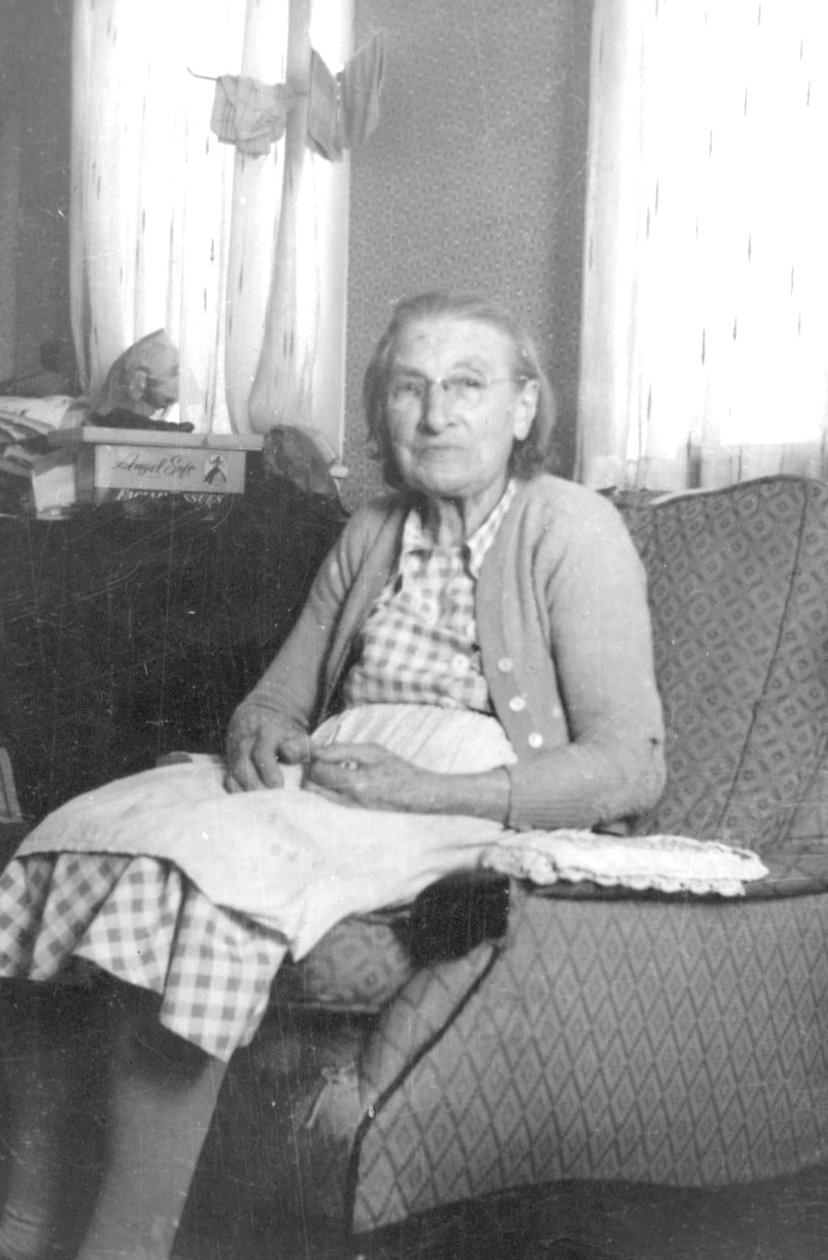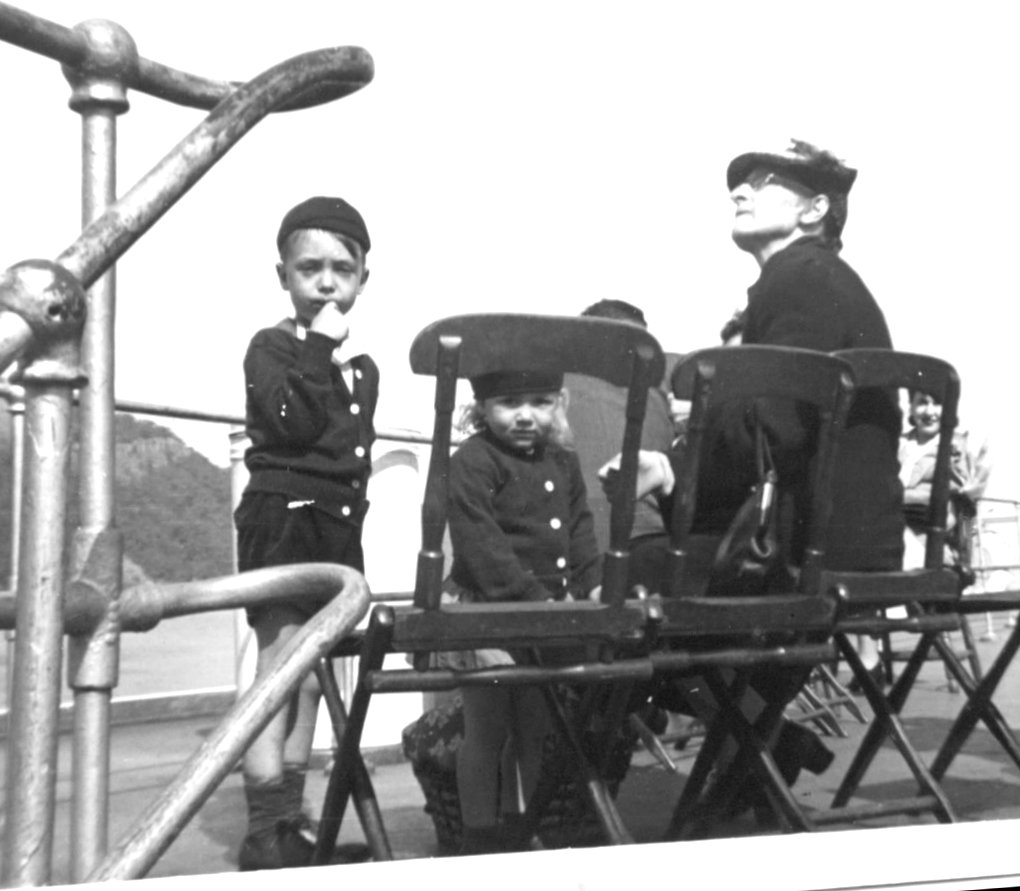
- BORN, October 19, 1875, Barnesville, Ohio
- MARRIED Charles T. Clark (1845-1911) September 1, 1908
- CHILDREN
- Jennie (changed to Jean) Ida Emma, b. 2/10/1910, m. Thomas Varnum [photo] (two children, Tom and Louisa)
- Elma Carlotta (1911-1985)
- DIED, April 20, 1965, Lowell, Mass. (Grave marker in Barnesville incorrectly says 1964)
